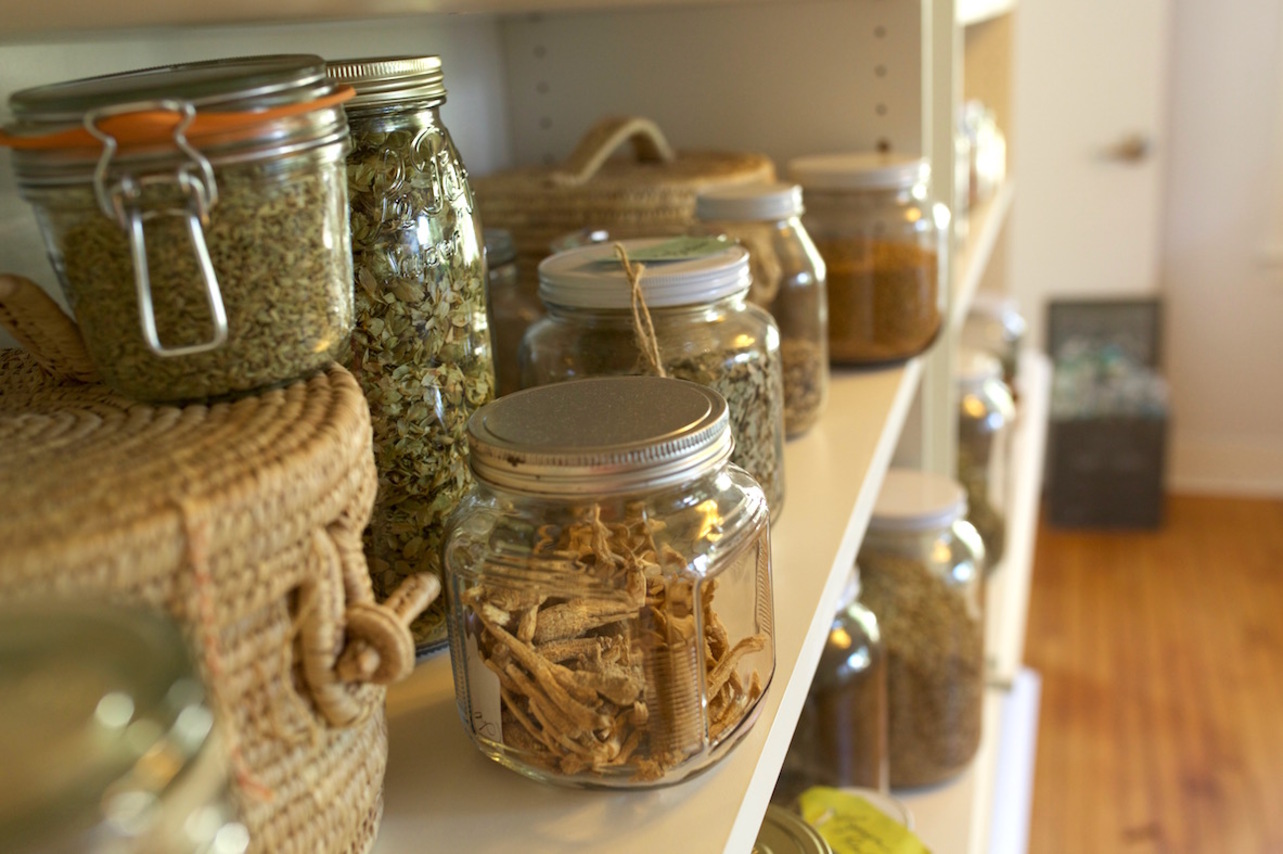

Articles
How To Store Dried Medicinal Herbs
Modified: December 7, 2023
Learn the best methods for storing and preserving your dried medicinal herbs in this informative articles. Discover tips for maintaining potency and freshness.
(Many of the links in this article redirect to a specific reviewed product. Your purchase of these products through affiliate links helps to generate commission for Storables.com, at no extra cost. Learn more)
Introduction
Proper storage is essential when it comes to preserving the potency and efficacy of dried medicinal herbs. Whether you enjoy crafting your own herbal remedies or simply want to keep your collection of herbs fresh for longer periods of time, understanding the correct storage methods is crucial.
Dried medicinal herbs, such as lavender, chamomile, peppermint, and more, are packed with beneficial compounds and properties that can support your overall well-being. However, these herbs are delicate and can easily lose their potency if not stored correctly.
In this article, we will explore the importance of proper storage for dried medicinal herbs and provide you with practical tips on how to store them effectively. By following these guidelines, you can ensure that your precious herbs retain their freshness, flavor, and medicinal benefits for an extended period of time.
Key Takeaways:
- Proper storage of dried medicinal herbs is crucial for preserving their potency, flavor, and medicinal properties. Select the right containers, keep herbs dry, and monitor for spoilage to ensure long-lasting effectiveness.
- Choosing the ideal storage location, avoiding light and heat exposure, and implementing a labeling and organizational system are essential for maintaining the quality and potency of dried medicinal herbs. Regular monitoring and proper storage practices can extend the shelf life of herbs and maximize their health benefits.
Read more: How To Store Dry Herbs
Importance of Proper Storage
Proper storage plays a vital role in maintaining the quality and effectiveness of dried medicinal herbs. Here are a few key reasons why proper storage is essential:
- Preservation of Potency and Flavor: Dried medicinal herbs contain volatile compounds that contribute to their medicinal properties and aroma. Exposure to air, light, heat, and moisture can cause these compounds to degrade, resulting in a loss of potency and flavor. By storing herbs correctly, you can protect these delicate compounds and ensure that your herbs retain their therapeutic benefits.
- Prolonged Shelf Life: When stored properly, dried medicinal herbs can have a significantly longer shelf life. This means you can keep your herbs on hand for longer periods of time without worrying about them losing their effectiveness. By extending the shelf life of your herbs, you can also save money by avoiding the need to constantly restock.
- Prevention of Contamination: Herbs that are not stored correctly can be susceptible to contamination by insects, mold, bacteria, and other microorganisms. These contaminants can not only alter the quality of the herbs but also pose health risks when consumed. Proper storage can help prevent contamination and ensure that your herbs remain safe for use.
- Organizational Benefits: Correct storage methods also provide organizational benefits. By keeping your herbs properly labeled and organized, you can easily locate the herbs you need when preparing herbal remedies or adding them to culinary creations. This saves time and allows for a more efficient and enjoyable herbal experience.
Now that we understand the importance of proper storage for dried medicinal herbs, let’s explore the different factors to consider when selecting the right containers for storing your herbs.
Selecting the Right Containers
Choosing the right containers for storing dried medicinal herbs is crucial for maintaining their quality. Here are some factors to consider when selecting the containers:
- Material: Opt for containers made of materials that are non-reactive, such as glass or food-grade plastic. These materials do not interact with the herbs and ensure that no unwanted chemicals or flavors are transferred to the herbs. Avoid containers made of metal or porous materials like wood, as they can potentially alter the flavor and quality of the herbs.
- Airtightness: Look for containers that provide airtight seals. This prevents air from entering and causing oxidation, which can degrade the herbs’ potency and flavor. Airtight containers also help in preserving the herbs’ aroma and preventing contamination from pests or microorganisms.
- Size: Consider the size of the container based on your storage needs. It is generally recommended to use smaller containers to minimize air exposure when opening and closing the container. However, ensure that the container is large enough to accommodate the amount of herbs you intend to store.
- Transparency: Transparent containers, such as glass jars, allow you to easily see the contents without having to open the containers frequently. This helps in monitoring the condition of the herbs and prevents unnecessary exposure to air and light.
- Stackability: If you have limited storage space, consider containers that are stackable. This allows you to maximize the use of vertical space and keep your herbs organized without taking up excessive room.
Two common options for storing dried medicinal herbs are glass jars and airtight plastic containers. Let’s explore each option in detail to help you make an informed decision.
Storing Dried Medicinal Herbs in Glass Jars
Glass jars are an excellent choice for storing dried medicinal herbs due to their non-reactive nature and their ability to maintain an airtight seal. Here are some tips for storing herbs in glass jars:
- Clean and Dry: Before storing herbs in glass jars, ensure that both the jars and the herbs are clean and dry. This helps prevent contamination and prolongs the shelf life of the herbs.
- Choose Dark Glass: To protect herbs from light exposure, opt for dark-colored glass jars, such as amber or cobalt blue. These jars help block out UV light, which can degrade the herbs’ potency.
- Fill Jars Appropriately: Fill the glass jars three-fourths full to allow for air circulation while minimizing the herb’s exposure to air. It’s important not to pack the jar too tightly, as this can cause herbs to clump together and impede air circulation.
- Label the Jars: Clearly label each glass jar with the herb’s name and the date of storage. This helps you easily identify the herbs and keep track of their freshness.
- Store in a Cool, Dark Place: Place the glass jars in a cool, dark area, away from direct sunlight, heat, and moisture. This helps preserve the herbs’ potency and flavor for a longer period.
By following these guidelines, you can ensure that your dried medicinal herbs are stored safely and maintain their quality over time. However, if you prefer to use airtight plastic containers for storage, there are some considerations to keep in mind. Let’s explore that next.
Using Airtight Plastic Containers for Storage
If you prefer using airtight plastic containers for storing dried medicinal herbs, there are several factors to consider to ensure optimal storage conditions. Here are some tips for using plastic containers:
- Choose Food-Grade Plastic: When selecting plastic containers, make sure they are made from food-grade materials. This ensures that there are no harmful chemicals that can leach into the herbs.
- Airtight Sealing: Look for containers with secure, airtight seals to prevent air from entering and damaging the herbs. This helps maintain the herbs’ potency and protects them from moisture and pests.
- Opaque Containers: To shield the herbs from light exposure, opt for opaque or dark-colored plastic containers. This helps minimize the deterioration of herbs caused by UV light.
- Clean and Dry: Before storing herbs in plastic containers, ensure that both the containers and herbs are clean and dry. This prevents contamination and extends the shelf life of the herbs.
- Label the Containers: Clearly label each plastic container with the herb’s name and the date of storage. This allows for easy identification and helps you keep track of the herbs’ freshness.
- Store in a Cool Location: Find a cool area, away from direct sunlight, heat, and moisture, to store the plastic containers. This helps maintain the herbs’ quality and potency, ensuring they last longer.
When using plastic containers, it’s important to note that they may not provide the same level of protection against light and heat as glass jars. However, with proper storage conditions and choosing high-quality plastic containers, you can still preserve the quality of your dried medicinal herbs effectively.
Now that we’ve discussed selecting the right containers and storage methods, let’s move on to the importance of labeling and organization when storing dried medicinal herbs.
Read more: How To Store Dried Herbs
Labeling and Organizing
When it comes to storing dried medicinal herbs, labeling and organization are key factors for easy accessibility and maintaining the herbs’ freshness. Here are some tips for effective labeling and organization:
- Labels: Clearly label each container with the name of the herb and the date of storage. This helps you easily identify the herbs and keep track of their freshness.
- Organizational System: Establish an organizational system that suits your needs. This can include categorizing herbs by their medicinal properties, alphabetically, or by their common uses. Choose a system that makes it easy for you to find and access the herbs when needed.
- Separate Containers: If you have a large collection of herbs, consider separating them into different containers based on their properties or uses. This helps you quickly locate specific herbs and prevents any cross-contamination between different types of herbs.
- Storage Labels: Along with labeling individual containers, consider adding storage labels to shelves or drawers where the herbs are stored. This helps maintain an organized storage area and ensures that herbs are returned to their designated spot.
- Use of Shelving or Racks: Utilize shelves or racks to store and organize your herb containers. This not only saves space but also allows for easy visibility and accessibility to each herb.
- Note-taking: Consider keeping a journal or digital records of your stored herbs. This can include details such as the source of the herbs, their purchase date, and any specifics regarding their potency or effects. This information helps you track the quality of your herbs over time.
By implementing a labeling and organizational system, you can quickly locate and enjoy your herbs while ensuring their longevity. Now, let’s explore the ideal storage location to maintain the quality of dried medicinal herbs.
Store dried medicinal herbs in airtight containers, away from direct sunlight and moisture. Label the containers with the herb name and date of storage. Keep them in a cool, dark place to maintain potency.
Choosing the Ideal Storage Location
When it comes to storing dried medicinal herbs, the right storage location is just as important as the containers themselves. Here are some considerations for choosing the ideal storage location:
- Cool and Dry: Select a storage location that is cool and dry. High temperatures and humidity can accelerate the degradation of herbs and reduce their potency. Keep the herbs away from sources of heat, such as stoves or direct sunlight, as well as areas prone to moisture, like bathrooms or basements.
- Avoiding Temperature Fluctuations: Ensure that the storage area does not experience extreme temperature fluctuations. Constant changes in temperature can cause condensation to form inside the containers, leading to moisture and potential spoilage of the herbs.
- Well-Ventilated: While it’s important to keep the storage area dry, proper ventilation is necessary to prevent the herbs from becoming stale or moldy. Good airflow helps maintain the quality of the herbs and prevents the buildup of musty odors.
- Away from Odor Sources: Herbs can absorb odors easily, which can alter their flavor and aroma. Keep the storage area away from strong-smelling substances, such as cleaning products, spices, or perfumes, to preserve the herbs’ natural qualities.
- Out of Reach of Children and Pets: Store dried medicinal herbs in a location that is inaccessible to children and pets. Some herbs may be toxic if ingested in large quantities or by certain individuals, so it’s important to keep them out of reach and labeled properly.
- Consider Storage Containers: If you have limited space or live in an environment prone to temperature fluctuations, you may consider storing the containers in airtight storage boxes to provide an extra layer of protection and insulation for the herbs.
By selecting an ideal storage location, you can help maintain the quality and potency of your dried medicinal herbs for an extended period. However, there are additional considerations to keep in mind to ensure the herbs are protected from light and moisture exposure.
Avoiding Exposure to Light and Heat
Light and heat can have a detrimental effect on the quality and potency of dried medicinal herbs. To protect your herbs from degradation, it’s important to take steps to avoid their exposure to light and heat. Here’s how:
- Store in Dark Containers: Use opaque or dark-colored containers, such as glass jars or UV-resistant plastic, to shield the herbs from light. Light exposure can cause the herbs’ active compounds to break down, reducing their medicinal properties.
- Avoid Sunlight: Keep the storage area away from direct sunlight. Sunlight contains UV rays that can accelerate the degradation of the herbs’ beneficial compounds. Place the containers in a shaded spot or use curtains or blinds to block out sunlight.
- Choose a Cool Location: Heat can cause the herbs to lose their potency and flavor. Avoid storing the herbs near heat sources such as stoves, ovens, or radiators. Instead, choose a cool location with a consistent temperature to keep the herbs fresh.
- Avoid the Kitchen: While the kitchen may seem like a convenient place to store herbs, it is often exposed to heat and moisture. Heat from cooking appliances and steam can affect the quality of the herbs. Opt for a different location, such as a pantry or cupboard, away from the kitchen heat and moisture.
- Consider Refrigeration: Some herbs, especially those with delicate volatile oils, may benefit from refrigeration. However, it’s important to keep them in airtight containers to avoid moisture absorption and cross-contamination with other food items. Only refrigerate herbs if recommended, as some herbs may lose flavor or texture in cold temperatures.
By taking precautions to avoid light and heat exposure, you can help preserve the potency, flavor, and medicinal benefits of your dried medicinal herbs. However, it’s also important to ensure that the herbs remain dry and free from moisture to prevent spoilage. Let’s explore how to achieve this in the next section.
Keeping Herbs Dry and Moisture-Free
Keeping dried medicinal herbs dry and moisture-free is essential for maintaining their quality and preventing spoilage. Moisture can lead to the growth of mold or bacteria, which can compromise the herbs’ efficacy. Here are some tips for keeping your herbs dry:
- Dry Thoroughly: Ensure that your herbs are thoroughly dried before storing them. Proper drying removes the moisture content, reducing the risk of mold and bacterial growth. Hang the herbs upside down or use a dehydrator to dry them until they are crisp and brittle.
- Absorb Moisture: To keep herbs dry in storage, you can add moisture-absorbing agents such as silica gel packets or rice to the containers. These help prevent moisture accumulation and protect the herbs from spoilage.
- Avoid Air Exposure: Minimize the herbs’ exposure to air, as it can introduce moisture and degrade their quality. Ensure that the container is airtight and sealed properly to prevent air from entering and affecting the herbs.
- Avoid Condensation: Avoid sudden temperature changes that can cause condensation inside the herb containers. Condensation can introduce moisture, leading to spoilage. Allow the herbs to come to room temperature before sealing the containers to prevent condensation buildup.
- Store in Dry Environment: Choose a storage location that is dry and has low humidity. Moisture-prone areas like basements or bathrooms should be avoided as they can introduce excess moisture to the herbs. Instead, select a cool, dry area such as a pantry or cupboard.
- Check for Moisture: Regularly check your stored herbs for any signs of moisture or mold. If you notice any signs of dampness or mold, discard the affected herbs to prevent contamination of the rest of the batch.
By keeping your herbs dry and moisture-free, you can ensure their freshness and prolong their shelf life. However, it’s important to regularly monitor the condition of the herbs to prevent spoilage. Let’s explore how to do that in the next section.
Read more: How To Store Dried Herbs Long Term
Monitoring and Checking for Spoilage
Regular monitoring and checking for spoilage is crucial to ensure that your dried medicinal herbs remain safe and effective. Here are some tips for monitoring and checking the condition of your herbs:
- Visual Inspection: Regularly examine your stored herbs for any signs of mold, discoloration, or unusual odors. If you notice any of these indicators, it’s best to discard the affected herbs to prevent contamination of the rest.
- Texture Check: Check the texture of the herbs by touching them. They should be dry, brittle, and crumble easily. If the herbs feel moist or soft, it could indicate moisture absorption and the potential for spoilage.
- Sensory Evaluation: Occasionally, open the containers and assess the smell and taste of the herbs. They should have a strong and distinct aroma, and their flavors should be potent. If the herbs have a musty or off odor, or if the flavor is weak, it may suggest degradation.
- Storage Rotation: To ensure that your herbs remain fresh, practice proper storage rotation. Use the oldest herbs first, while keeping the newer ones sealed and preserved. This helps prevent the herbs from becoming stale and losing their potency over time.
- Regular Cleaning: Clean and sanitize the storage containers periodically to prevent the buildup of mold or bacteria. A simple rinse with warm soapy water followed by thorough drying can help maintain a clean storage environment.
- Record Keeping: Keep a record of the storage dates for your herbs. This allows you to monitor their freshness and make informed decisions about their usability over time. Note any changes in aroma, flavor, or appearance as you regularly check your herbs.
By actively monitoring the condition of your dried medicinal herbs and promptly addressing any signs of spoilage, you can ensure that you are using herbs that are safe and retain their medicinal properties. Now, let’s conclude our discussion.
Conclusion
Proper storage of dried medicinal herbs is essential for preserving their potency, flavor, and medicinal properties. By following the guidelines outlined in this article, you can ensure that your herbs remain fresh, effective, and safe for an extended period of time.
Start by selecting the right containers for storing your herbs, such as glass jars or airtight plastic containers. These containers should be non-reactive, airtight, and provide protection against light exposure. Labeling and organizing your herbs contribute to easy accessibility and monitoring of their freshness.
When choosing a storage location, opt for a cool, dry area that is away from sunlight, heat, and moisture. Keep your herbs dry and moisture-free by ensuring they are thoroughly dried before storage and utilizing moisture-absorbing agents. Regularly monitor your herbs for signs of spoilage such as mold, discoloration, unusual odors, or changes in texture.
By implementing these storage practices, you can extend the shelf life of your dried medicinal herbs and maintain their medicinal effectiveness. Properly stored herbs will not only enhance your herbal remedies and culinary creations but also provide you with the full range of their health benefits.
Remember to always label, organize, and monitor your herb collection to ensure you are using herbs that are safe and potent. With a little care and attention, your dried medicinal herbs can continue to support your well-being and enrich your daily life.
Frequently Asked Questions about How To Store Dried Medicinal Herbs
Was this page helpful?
At Storables.com, we guarantee accurate and reliable information. Our content, validated by Expert Board Contributors, is crafted following stringent Editorial Policies. We're committed to providing you with well-researched, expert-backed insights for all your informational needs.
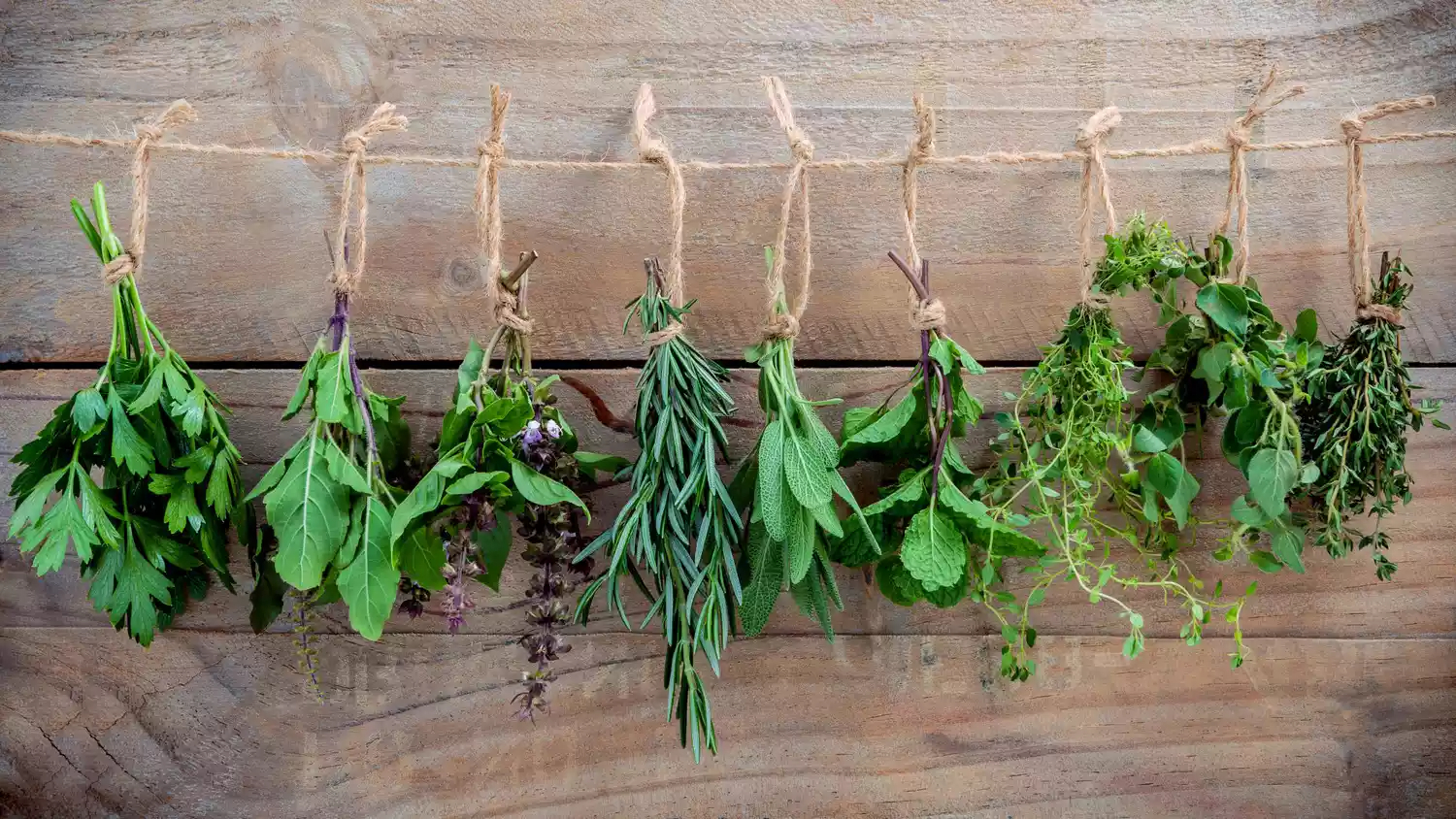

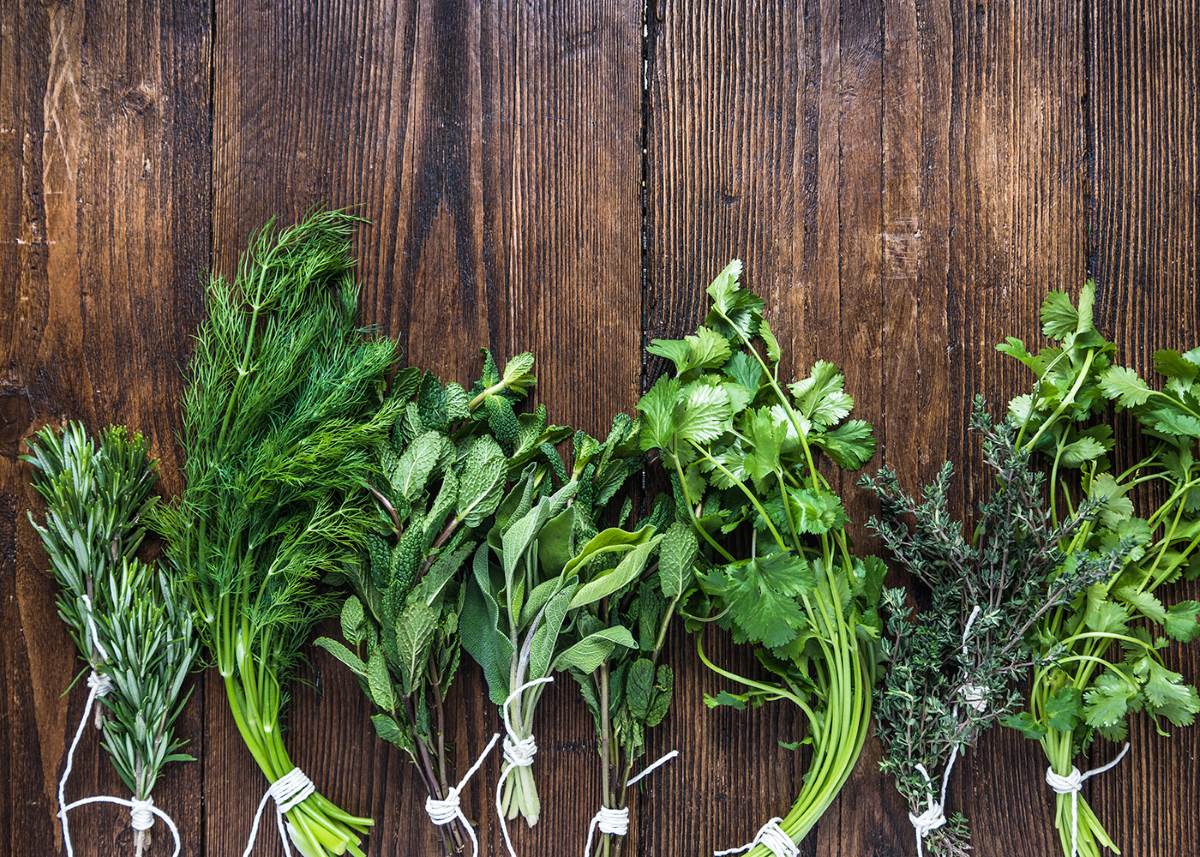
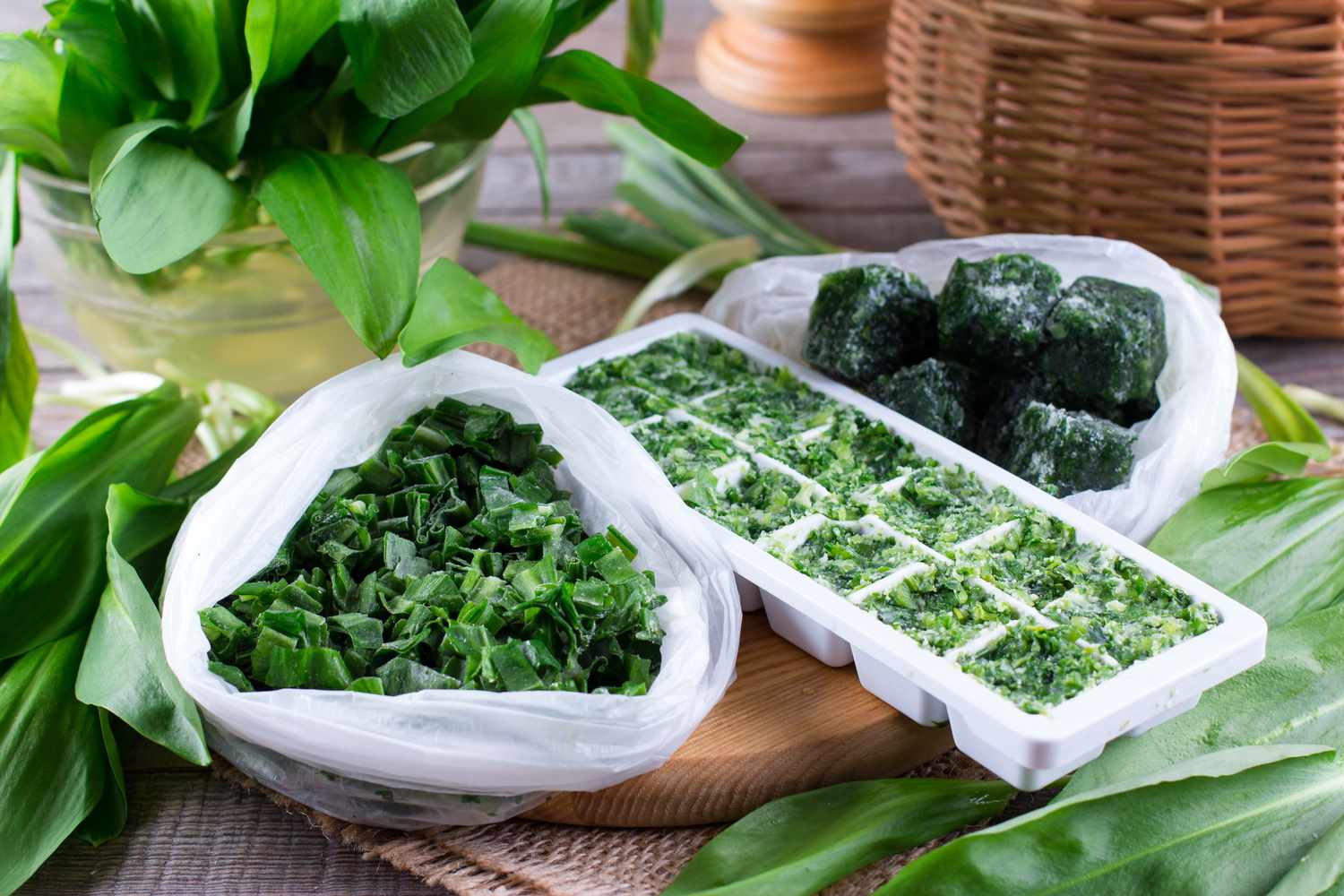
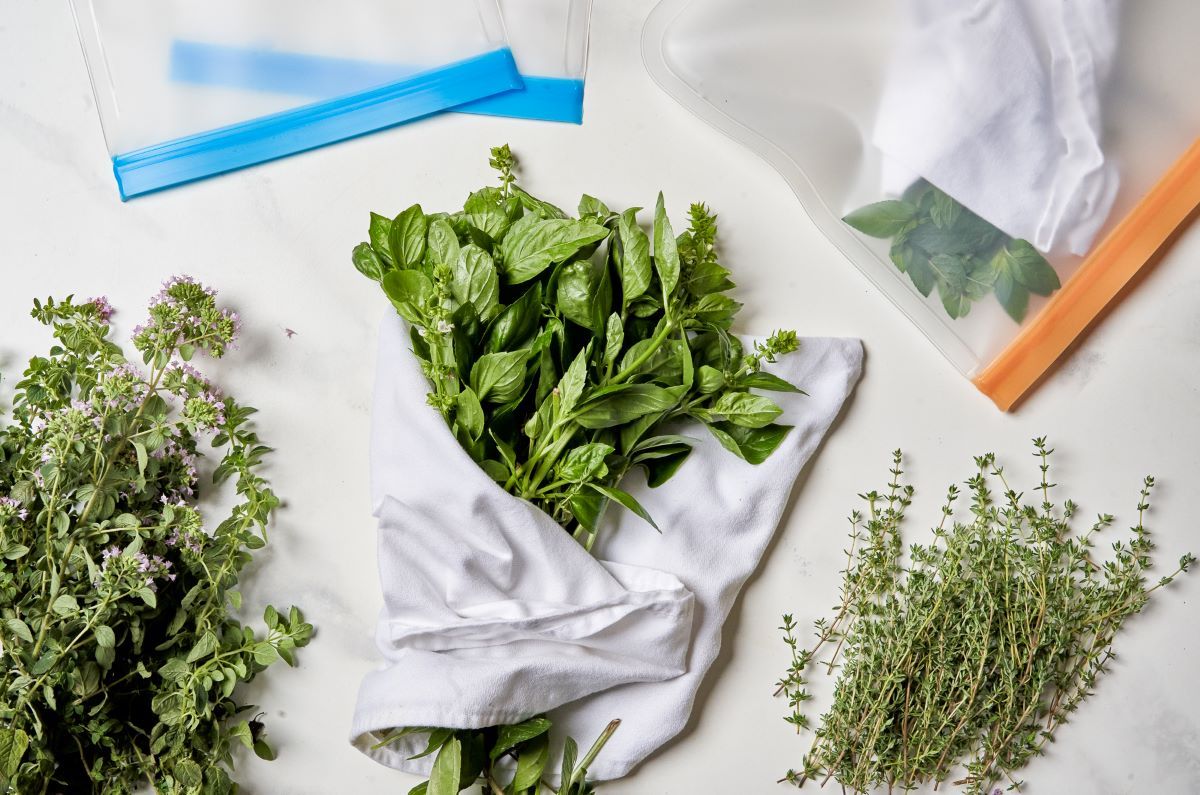
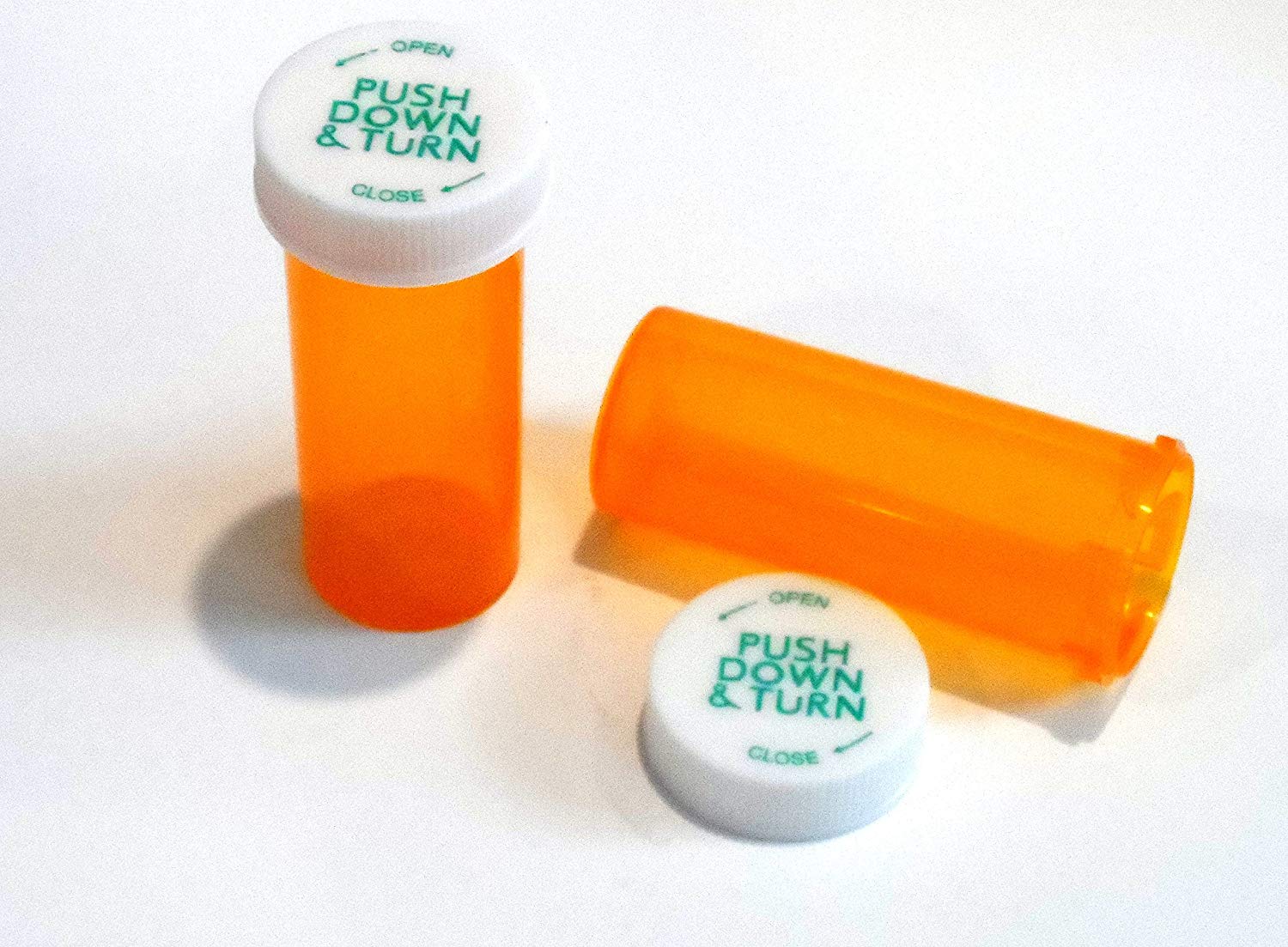
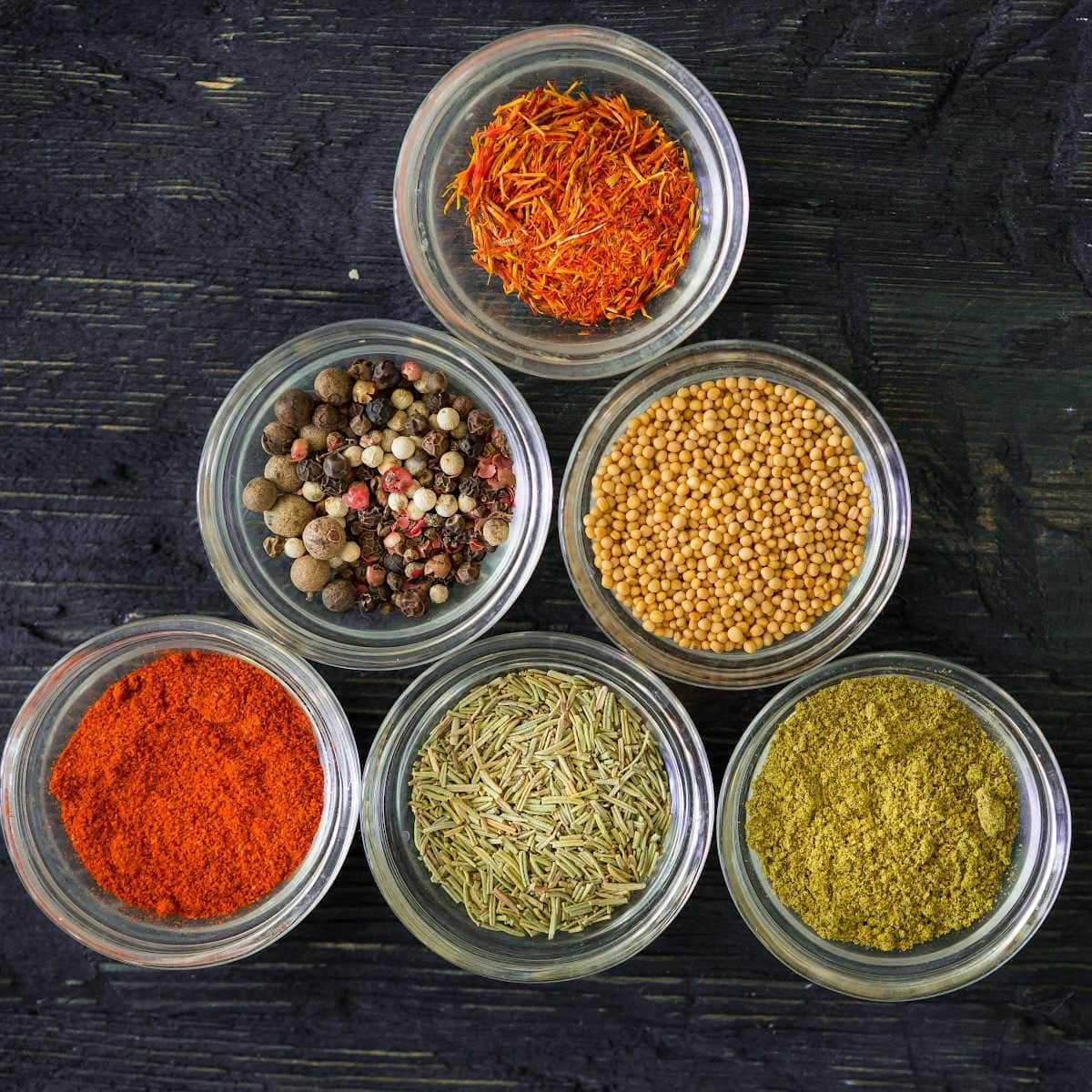
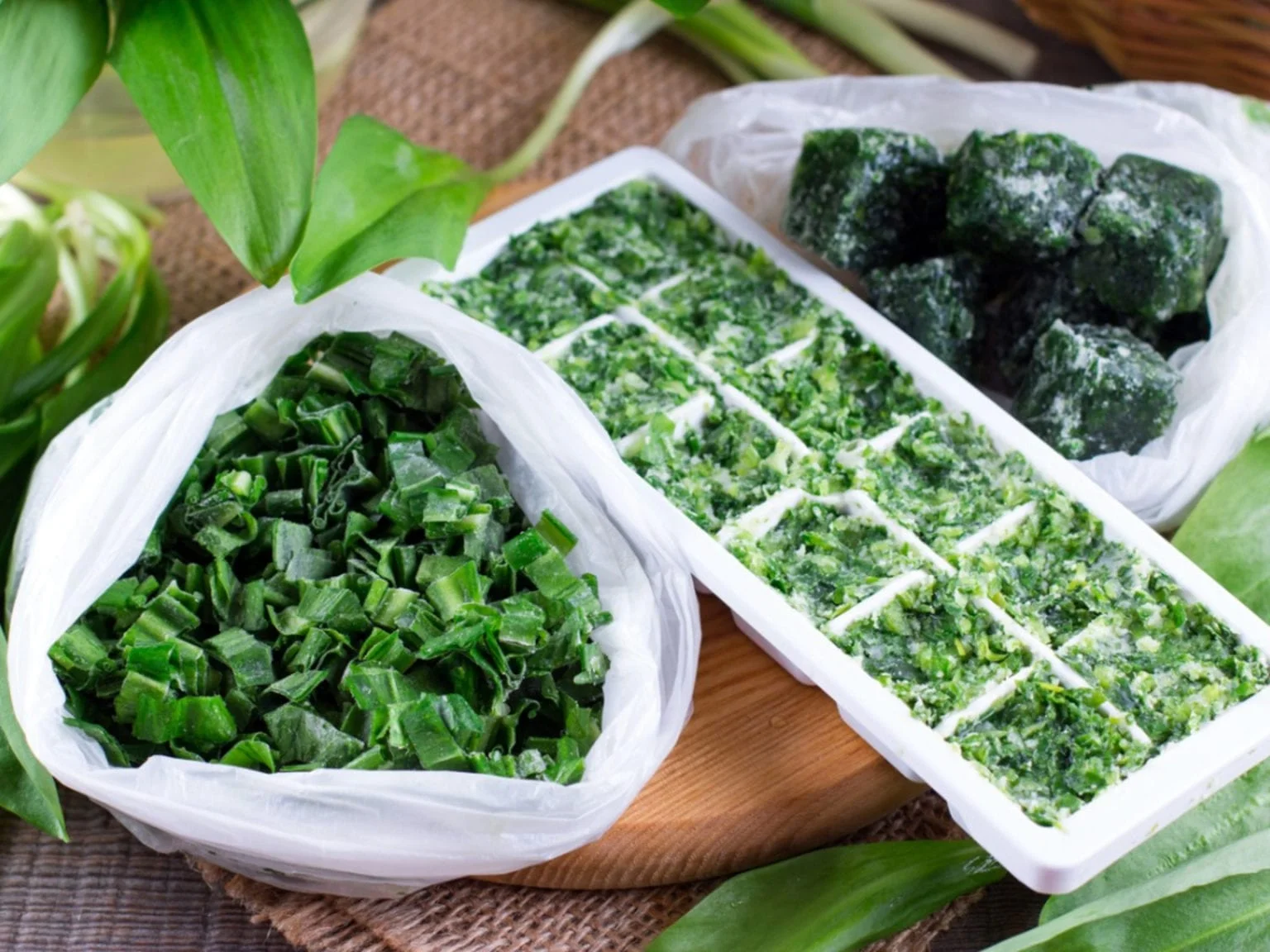
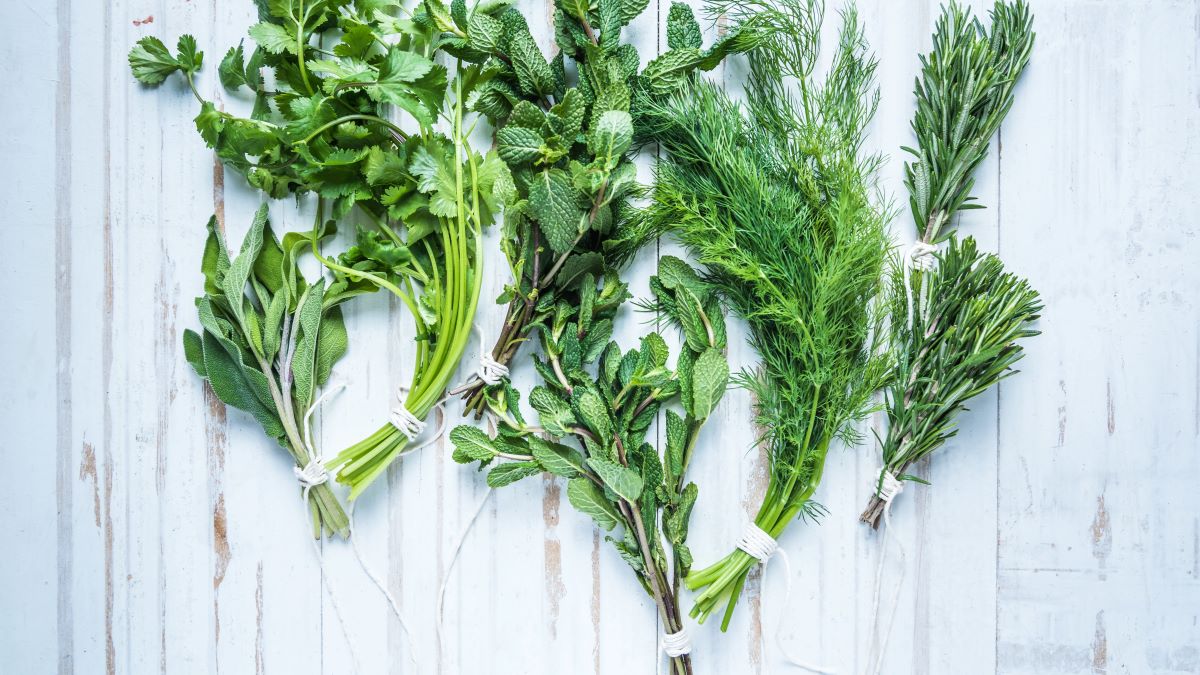
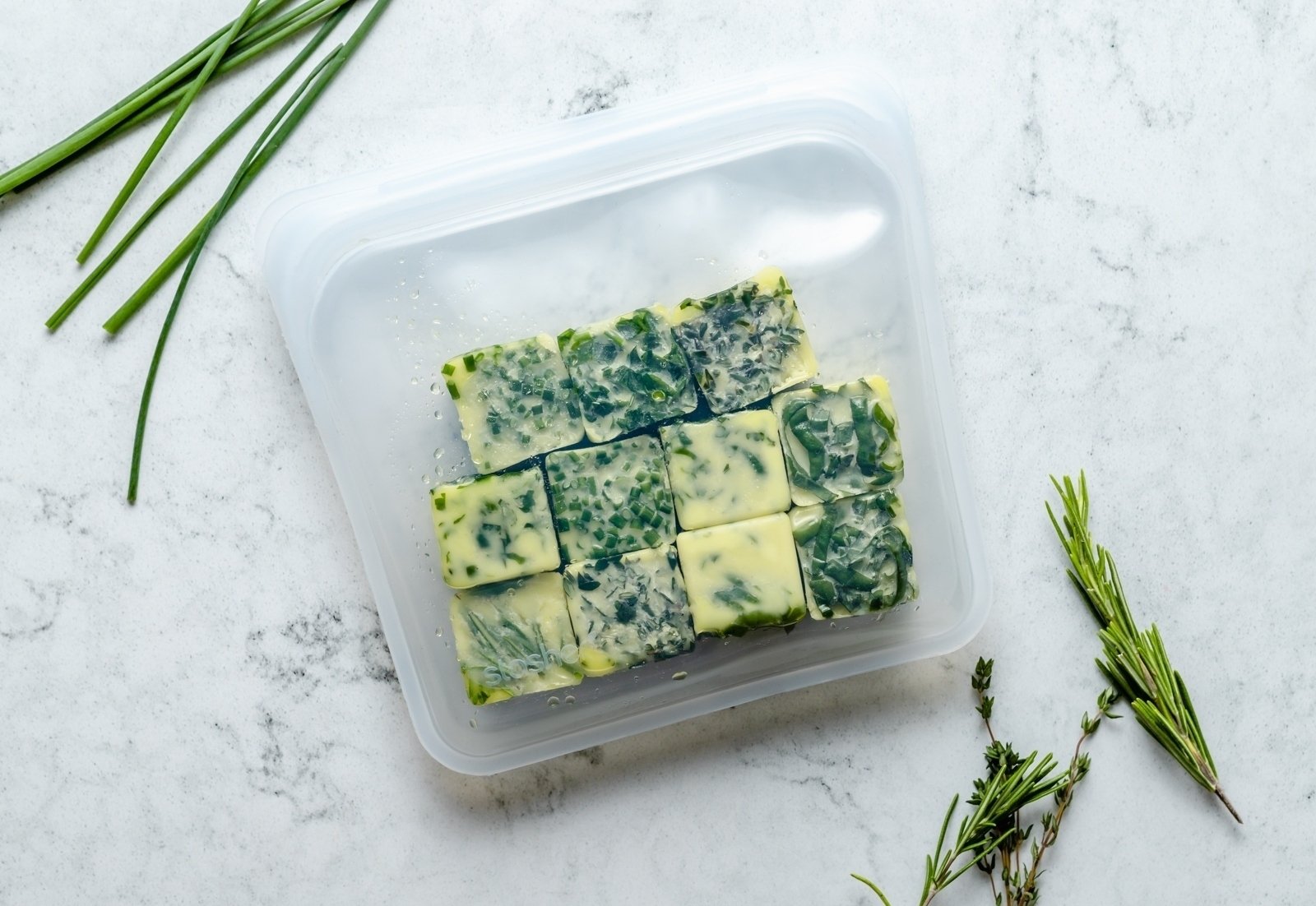
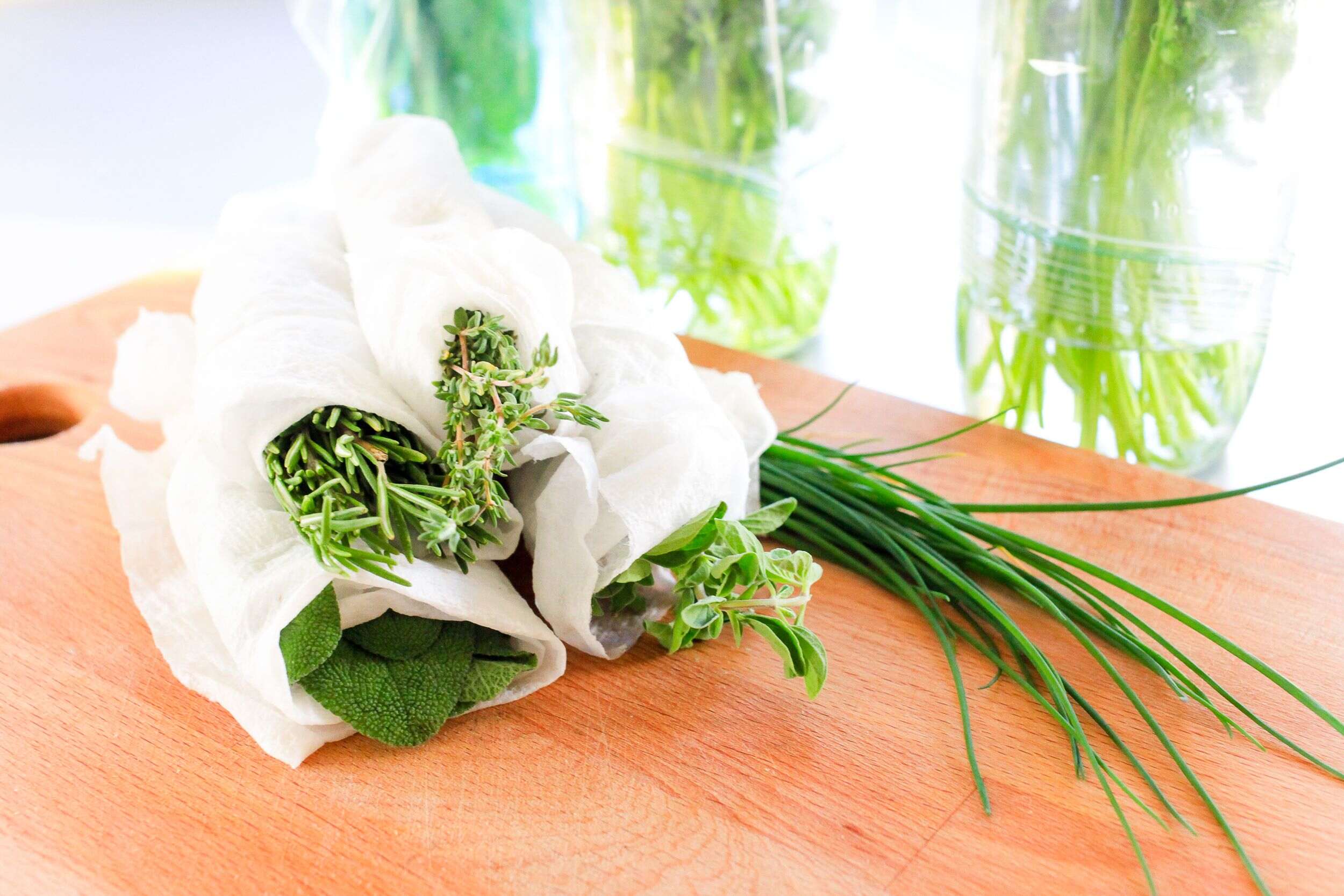
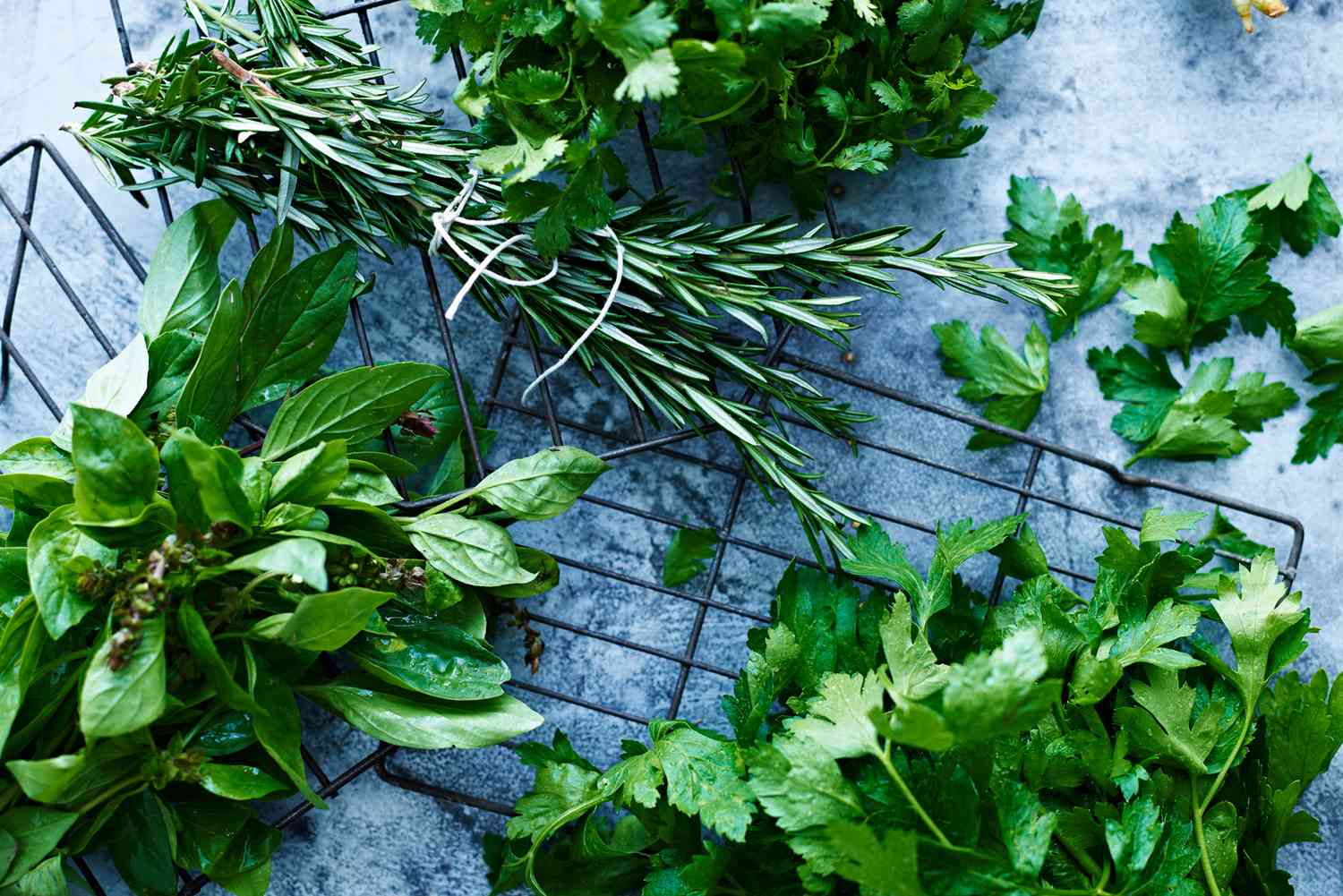
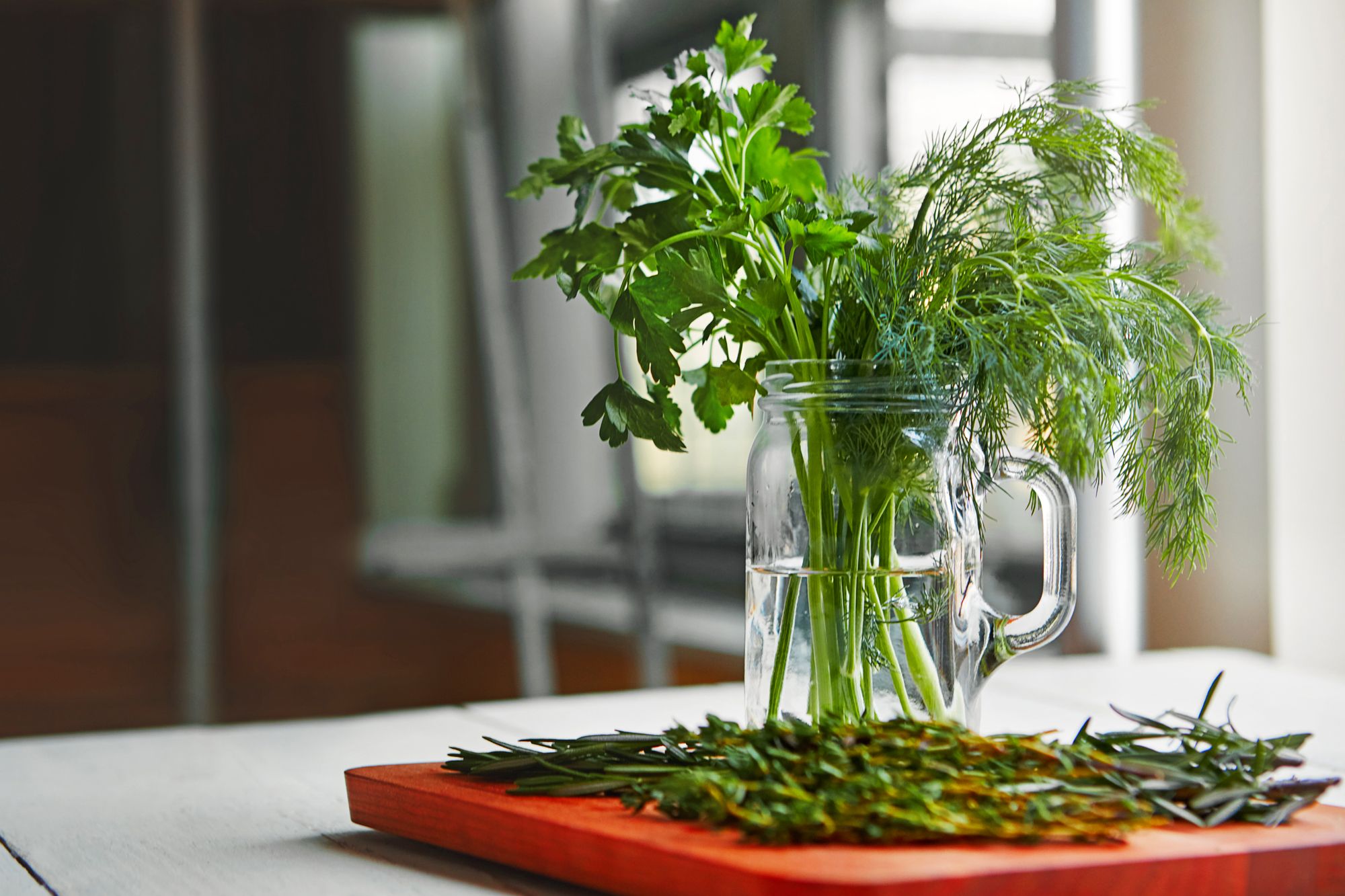

0 thoughts on “How To Store Dried Medicinal Herbs”